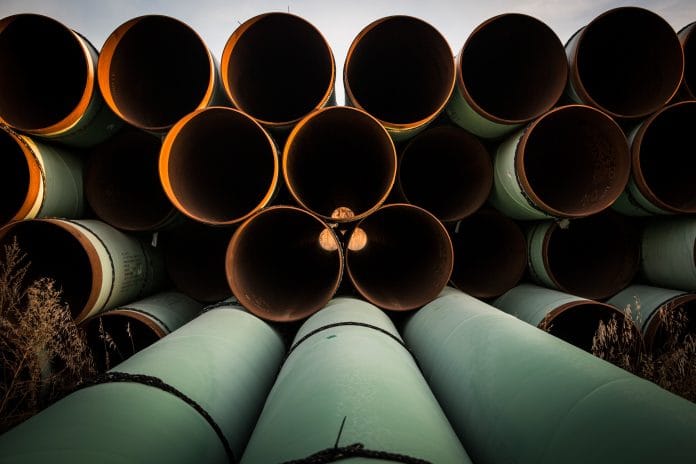Here is what’s happening across the border: 2,000-km oil pipeline set to be completed next year, and Pakistan is an ‘underachiever’ on the Lowy Institute Asia Power Index.
North Pakistan-Karachi oil pipeline to complete by 2019
Pakistan’s ambitious $480 million oil-pipeline upgrade is set to be completed by mid-2019. The expanded 2,000-km pipeline network from Karachi to the north of the country will help cater to a growing petrol demand, at reduced transportation costs and faster delivery.
Officials say that the new pipeline will reduce motor gasoline transportation cost by one-third, transport time from a few days to just a few hours, as well as the country’s high dependence (up to 80 per cent) on oil imports.
A subsidiary of Pak-Arab Refinery Limited (Parco) is a major stakeholder with 51 per cent equity stake in the project, whereas Shell, PSO and Total Parco hold the rest of the stakes, as reported by the Express Tribune.
Logistically challenged new airport intercepts passenger with drugs
It’s been less than one week since the new Islamabad International Airport became operational, and the airport security force has already intercepted passengers carrying bullets and drugs. About 200 heroin-filled capsules and a packet of heroin were recovered from a passenger named Shahbaz Arif Wednesday who was travelling to Saudi Arabia.
This comes one day after a bullet of a 30 bore pistol was recovered from a Spanish passenger’s bag during inspections at the same airport.
After the heroin was recovered, Arif was handed over to the Anti-Narcotics Force for further investigation.
Since it’s opening on 3 May, the new airport has faced a number of logistical difficulties and been at the receiving end of numerous passenger complaints.
Alibaba expands its reach to Pakistan’s online shops
Walmart-Flipkart isn’t the only major e-commerce deal happening in South Asia. Chinese retail giant Alibaba has bought the entire share capital of Rocket Internet’s Daraz Group.
Founded in 2012, Daraz operates and manages online marketplaces in Pakistan, Bangladesh, Myanmar, Sri Lanka and Nepal.
Rocket Internet announced the sale Tuesday, and also added that the company will continue to operate under the Rocket brand name even after the sale.
The statement issued by Rocket said that the company hopes to utilise Alibaba’s leadership and experience in the fields of “technology, online commerce, mobile payment and logistics” in order to promote growth “in the five South Asian markets that have a combined population of over 460 million, 60 per cent of which are under the age of 35.”
Pakistan remains an ‘underachiever’ while Asian countries get more powerful
The Lowy Institute Asia Power Index called Pakistan an “underachiever” when it came to utilising its potential to exert power and influence in the Asian continent.
The index measures the influence of nations on the continent based on eight parameters – economic resources, military capability, resilience, future trends, diplomatic influence, economic relationships, defence networks and cultural influence. Pakistan scored 15.1 out of a maximum of 100 points, ranking 14th out of 25 countries. India ranks fourth in the survey.
The report also found that three of the four largest economies in the world are now from Asia, and therefore while the trend of global wealth and power is ‘shifting eastwards,’ Pakistan seems to be lagging behind.






